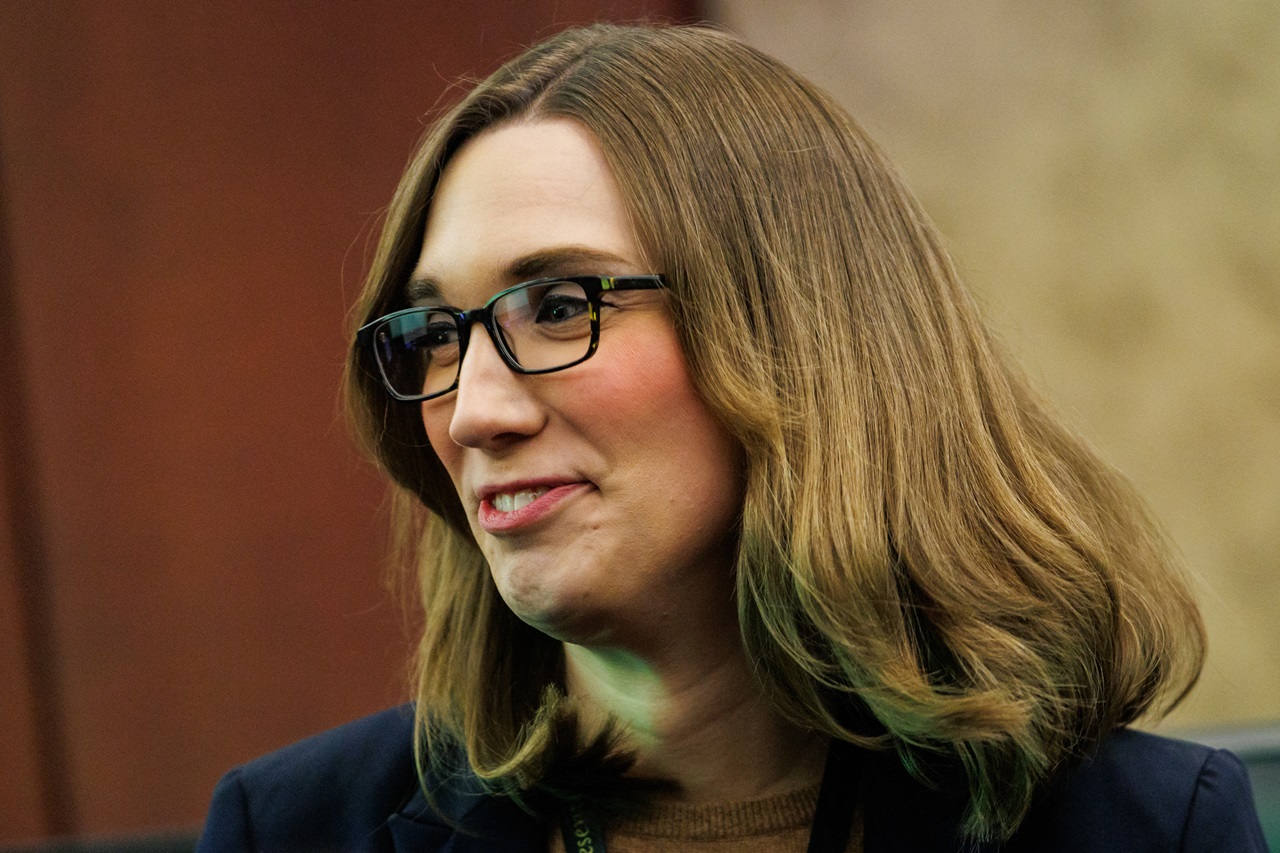
Educating, empowering, and raising awareness in the fight against lupus
There is an estimated 1.5 Americans, and 5 million people worldwide who are currently battling some form of lupus, according to the Lupus Foundation of America.
The chronic autoimmune disorder can affect any organ of the body, most commonly causing rashes, arthritis, and severe fatigue, but can also cause kidney inflammation, as well as other major organ affects. Some symptoms include severe fatigue, rash with sun exposure, joint pains, hair loss, ulcers in the mouth, nausea, loss of appetite, fever, weight loss, and chest pain (pleurisy).
Dr. Don Thomas, MD, a rheumatologist, said that while lupus is genetic, something must trigger those genes to turn on the disease. Some examples of triggers include sunlight, low vitamin D levels, smoking cigarettes, stress, infections, and more.
More than 60 genes have been identified to cause lupus, said Dr. Thomas.
“The more you inherit, the more likely it is for you to get lupus,” he said. “Some genes are more likely to cause it than others, and some genes appear to be associated with some manifestations.”
“However, most people born with the genes never get the disease,” he added.
For Aniysha, Sakeena, and Kareema Trice — three sisters — lupus has become all too familiar for their family, with all three sisters battling the disorder.
Aniysha was diagnosed in early 2010, while her sister Sakeena was diagnosed later that same year.
Their mother was diagnosed more recently five months ago, while their grandmother was diagnosed back in the 1980s. The third sister Kareema, on the other hand, is currently in the process of being diagnosed.
“What is this? Where did this come from? Why do I have this?” were Aniysha’s initial thoughts when she was diagnosed, she recalled during a phone interview with AL DÍA.
“Typically, they say that it skips a generation, but, however, in our case, it’s pretty much just going down the line,” she added.
After Aniysha was diagnosed, it prompted her to do research and learn as much as she could about the disorder.
According to the Centers for Disease Control and Prevention, women ages 15 to 44 are at the greatest risk of developing lupus, with African American women being 2-3 times more likely than Caucasian women.
“The reason certain minority populations are more prone to lupus is unknown and it is why greater education is needed so that this population can be better aware of lupus signs and symptoms,” Carla Pearson, Vice President of US Specialty Marketing at GlaxoSmithKline (GSK), said in an email.
Resources like Us In Lupus function to do just that.
Despite the high level of unpredictability that comes with lupus, Aniysha and her sisters use a variety of coping mechanisms in order to remain upbeat and productive in their everyday lives.
Some of the ways they cope include listing out all their symptoms; talking to their doctors; as well as maintaining a positive mindset through yoga, meditation, or going to the gym.
Talking to a doctor is one of the most critical things someone who is or may be battling lupus can do.
“On average, more than half of all people with lupus wait six or more years and visit multiple doctors before being correctly diagnosed,” said Pearson.
By the time an individual is diagnosed, he or she may already be experiencing disease flares, and the disorder has likely already begun to negatively impact their ability to work, go to school or go through their daily routine.
“This is a key reason why we’re raising awareness and working with patient advocacy organizations… to raise awareness… which can facilitate early diagnosis and could lead to improved management,” Pearson said.
As one of the leaders in lupus research and development, GSK works closely as a partner with the lupus community.
The Trice sisters often credit existing resources, such as Us in Lupus — a resource that offers people living with lupus the skills, tools, and confidence they need to face the disorder — for helping them through their fight.
In 2017, however, a couple years after beginning to develop their idea, the Trice sisters officially launched ASK Lupus, a non-profit organization dedicated to educating, advocating for, and supporting black women living with the disease.
Starting this non-profit has allowed the Trice sisters to hear the stories of so many others who are also battling lupus.
“Hearing from other people who have lupus and struggle just as much as I do makes me feel that I’m not alone, and I’m not the only person… even though my sisters are going through it,” said Aniysha.
“Just being able to relate to others and to hear their story, and to also share my story and to make them feel good about themselves is also something that we get back doing the work that we do,” she added.
“Our organization ASK Lupus, as well as Us in Lupus, is definitely here to support people, especially women of color,” Sakeena added.
GSK, as well, has developed resources through their healthcare professional website, TalkSLE.com, to empower people to share their symptoms with their support team, in an effort to facilitate better dialogue and lead to better management of the disease.
With a desire to help women of color feel more confident and empowered, GSK collaborated with NARS Cosmetics to produce a “Night of Beauty” event for Lupus Warriors. The event also provided an opportunity for those living with lupus to have honest and open conversations with their healthcare providers about their symptoms and experiences.
“Our research has shown that physicians are mostly unaware that people living with lupus often minimize their symptoms, which leads to lupus patients suffering more than physicians may perceive,” said Pearson.
Through additional research, GSK has also found that people with lupus wanted opportunities to learn more information tailored to their needs. Those insights helped provide the avenue to promote informative self-care tips in a fun and positive way.
The first two installments of the “Night of Beauty” event took place in Atlanta, Georgia, and Washington, D.C., respectively. The third event in Philadelphia took place on March 19th. The next stop is scheduled for April 16th in Chicago, Illinois.
“When you are dealing with a diagnosis of something similar to lupus, it’s hard most days. So you want to have a day where it’s all about beauty, relaxation [and] making you feel good on the inside and out… being able to just put a smile on someone’s face,” Aniysha said.
With the amount of women, particularly women of color, who are currently battling lupus, the Trice sisters talk extensively about building a strong support system, which is one of the main missions of their organization.
“We have to make sure that we stick together because this disease is killing a lot of us, so if we stick together and we continue to raise awareness, we’re hopeful that one day we can find a cure,” said Sakeena.










DEJE UN COMENTARIO:
¡Únete a la discusión! Deja un comentario.